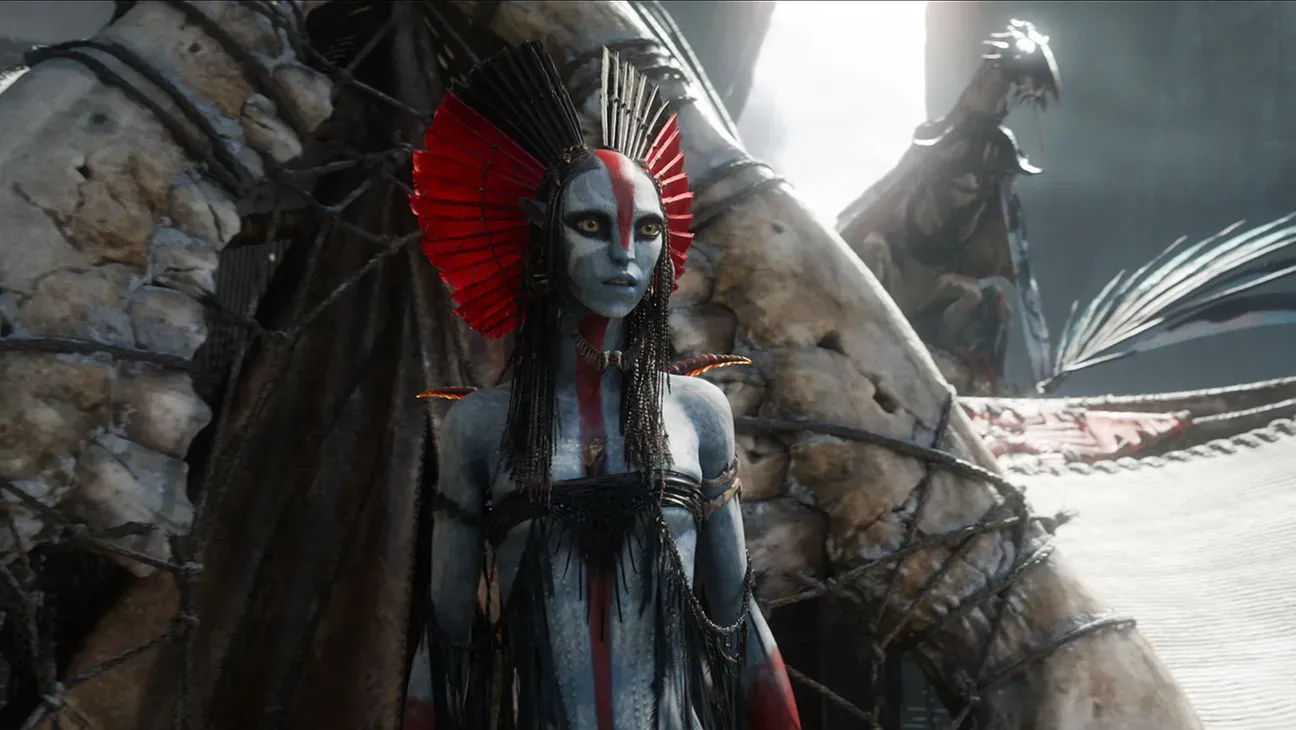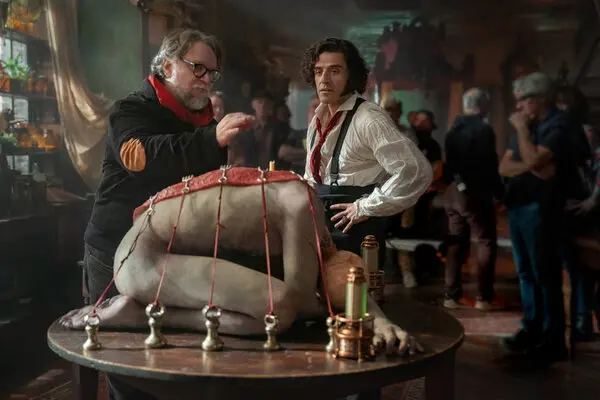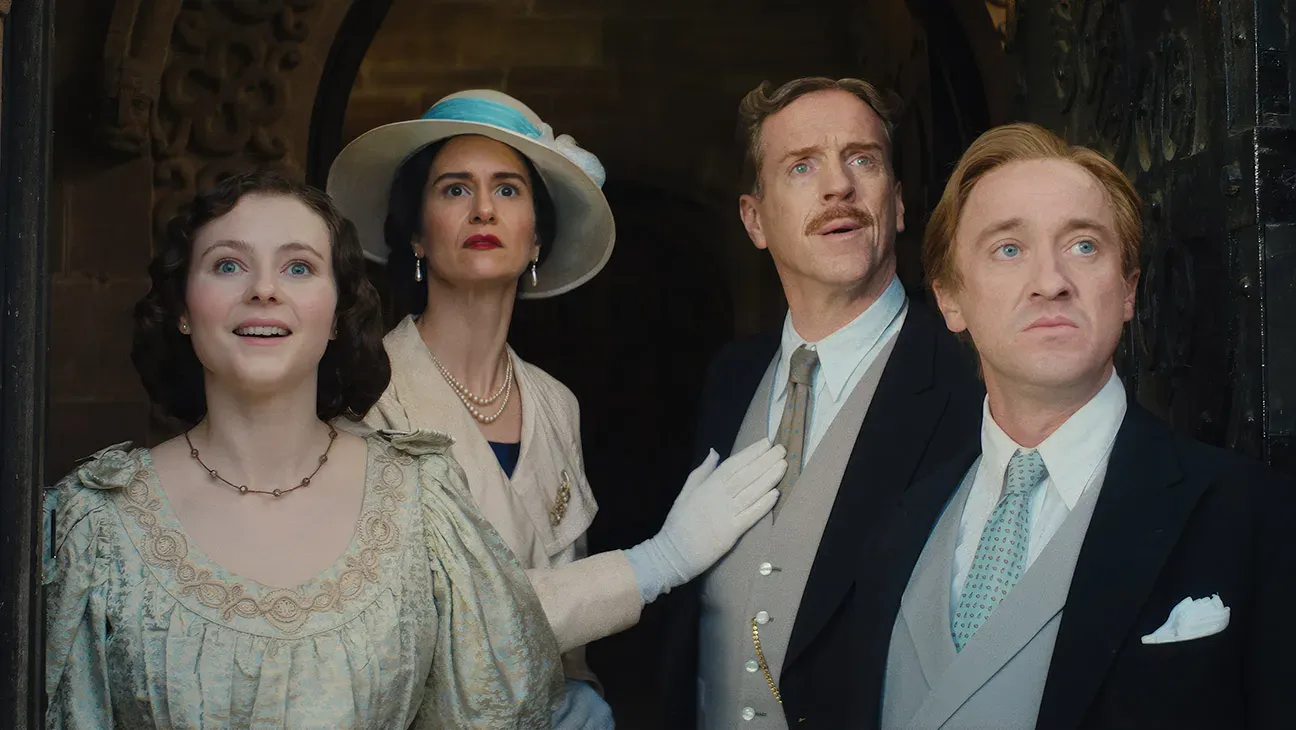
Do Not Expect Too Much from the End of the World (2024) — Movie Review
- Mar 31, 2024
Radu Jude's piece "Do Not Expect Too Much from the End of the World" is a sharp, satirical critique of the unforgiving nature of 21st-century capitalism. The film employs dry humor and cynicism to explore how the realities of modern economics suffocate the average individual, painting a grim picture of a world where cost-cutting and productivity demand an ever-increasing human toll. In Jude's vision of the end, the last light won't go out with a bang but will fizzle out unnoticeably, dimmed by the frugal hand of a billionaire saving on the electric bill.
Set in the mundane realities of the internet age, Jude's film carries viewers through the journey of a beleaguered production assistant, Angela, who epitomizes the struggles faced by the working class. Her routine consists of long hours in traffic, billboards slowly invading cemeteries, and delayed paychecks - all seemingly insignificant annoyances that gradually wear down the spirit.
Within the film's structure, Angela's tasking day is portrayed, where she is sent to interview disabled factory workers, gathering their harrowing stories for a workplace safety video. Her job, while appearing benevolent, unveils a troubling truth; she is chosen for the task as she is seen as 'one of them.' And the responsibility ultimately lies on her to cut the victims' hopes for a fair representation.

The film culminates in a powerful sequence where a struggling family is subtly coerced into undermining their interest, underlining the movie's core themes in a darkly humorous tone. Angela's journey is punctuated by countless small indignities and senseless contrasts, expertly blending humor and despair. Throughout Angela's ordeal, she maintains her wakefulness by consuming energy drinks and masquerading online as a provocative alter ego, Bobita. This internet persona is as crude as the world she depict, providing an unrefined perspective on the surrounding harsh realities.
In Jude's satirical lens, the film quietly stabs at capitalist exploitation, leaving the audience to slowly realize the sting. Angela's constant blaring radio, while initially irritating, eventually reveals itself as a necessary means for her to stay awake and continue her torturous routine. Her online alter ego, in contrast, appears to be a pure indulgence but reveals a deeper narrative, reflecting the innate desire to fight back against an unjust system. Ultimately, Jude's work is a stark mirror held up to society, forcing viewers to confront the everyday cruelties and sacrifices made at the altar of capitalism.







